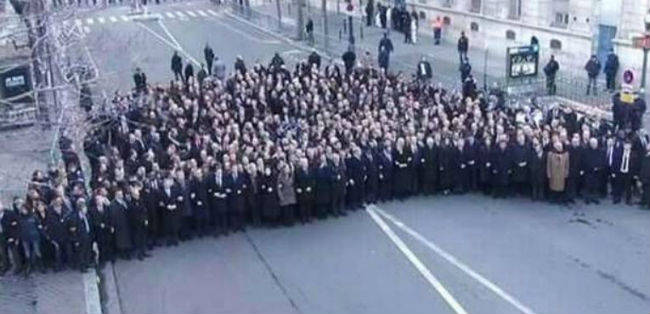This article is more than 1 year old
Forget 1,000 lashes for Facebook posts, Saudis now want to behead blogger Raif Badawi
Family's fears for outspoken atheist dad
Saudi blogger Raif Badawi – sentenced to ten years in prison and 1,000 lashes for announcing he is an atheist on Facebook – may now be beheaded by his government.
"We have received information from reliable sources that there are attempts within the Penal Court to retry Raif Badawi on apostasy charges again," his wife said in a Facebook posting.
"Apostasy charge is punishable under Saudi law with the death penalty by beheading. We also received confirmed information that the Supreme Court has referred Raif case to the same judge, who sentenced Raif with flogging and 10 years imprisonment."
The family accuses the judge presiding over the case of bias, saying in an earlier legal judgment that “he has proof and is confident that Raif is an apostate,” and that he had wanted to bring apostasy charges earlier but wasn't able to under existing Saudi law.
Badawi was arrested in 2012 for running the Liberal Saudi Network message board and making statements on Facebook that broke religious and state laws; specifically expressing support for women’s rights, democratic reform, and stating that he is an atheist.
In 2013 he was sentenced to seven years in prison and 600 lashes by the courts, and last year on appeal that was raised to ten years inside, 1,000 lashes, a one million Saudi Arabian riyal (US$266,663) fine, plus a ten year travel ban when he gets out.
The lashes are administered at a rate of 50 a week and Badawi got his first allotment in January at a public ceremony after evening prayers. Four days later Saudi embassy officials joined world leaders in Paris for the Je Suis Charlie march photopp.

Je Suis Hypocrite
The sentence brought condemnation, but little else, from governments around the world. Since the first flogging Badawi has been judged medically unfit for further sessions under the cane, and the Saudi government has come under increasing pressure to relent on the matter.
Prince Charles is reported to have raised the matter, one royal to another, at a recent state visit. It has been hoped that the new Saudi king would see fit to mark his accession with a move on the matter, but the new trial, and the potential outcome, wasn't expected.
Apostasy, under extreme versions of Islamic religious law, is the rejection of faith and is a crime in many Muslim countries, although the penalties vary hugely. The Quran recommends "grievous chastisement," for the crime and in Saudi Arabia that often means execution, usually by public beheading.
However, before the sentence is carried out the convicted apostate is given three days to recant. Poet Hamza Kashgari fled the country in 2012 after being accused of the crime due to some Twitter posts as part of an ongoing crackdown on social media. He was extradited, sentenced, before recanting with a public apology, and released after a couple of years in prison.
It could be that the Saudi authorities are hoping Badawi will do the same and bring the internationally embarrassing saga to an end, but that’s by no means certain.
"We call on the world citizens and governments not to leave Raif dragged by such bigots to death," his wife said. "And we renew our calls to his Majesty King Salman to pardon Raif Badawi and allow him to leave [for] Canada to be united with his family there." ®
